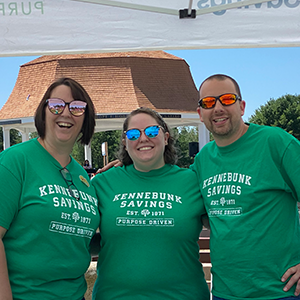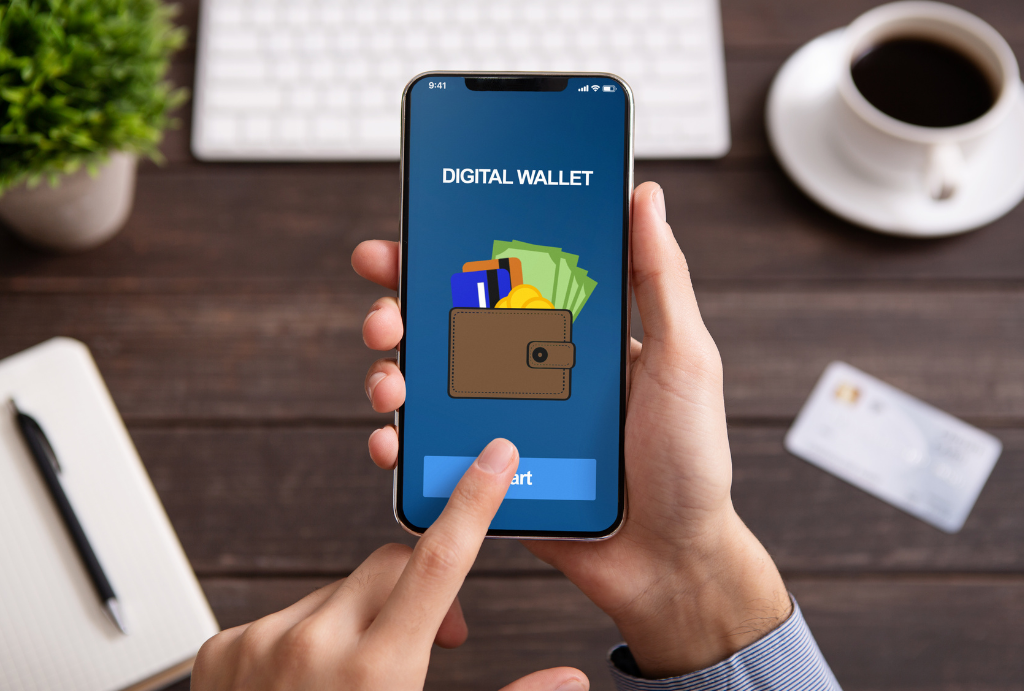
Imagine this scenario:
You’re in a store and you use your debit card to make a purchase. You select “Credit” at the checkout terminal and wait for the signature line to appear, but what you get is a cringe-worthy “Declined” response. The clerk politely asks you to swipe your card again to rule out a machine malfunction. On the second swipe, the word “Declined” seems to shout out at you as the clerk asks you if you have another card or form of payment. You know you have plenty of funds in your account. You know you haven’t done anything wrong. You’re frustrated, embarrassed and left asking yourself, “Why is this happening?”
Although a debit card decline can be inconvenient and embarrassing, this event may not have anything to do with the balance in your account. What you are likely experiencing is the result of security protections put in place to stop today’s fast-moving fraud before it ever hits your account. Card processors and banks use security protections to prevent fraudulent activity the moment a fraud trend is recognized. Gas stations, convenience stores and even some big name retailers are frequent targets of fraud. When a transaction meets specific security parameters – set up by either the card processor or the bank – it will be identified as a potential fraud and result in the card being “Declined.”
Here are some steps you can take to help reduce the chances that your transactions will be “Declined”:
1.Always select Debit. By selecting “Debit” whenever prompted or asked you will be required to enter a PIN. This step provides a second authentication factor (your PIN) which may satisfy the enhanced security protections that have been put in place and allow you to complete the transaction.
2.Only Use Chip-Enabled Terminals. The chip in your card – combined with the use of your PIN – provides a higher level of security and may allow you to bypass any security protections that have been set up.
3.Alert your bank before you travel. Many security protections have geographic triggers that can often be lifted for limited periods of time. Make your bank aware of your travel plans, including points of travel, when you’ll be departing and when you expect to return. To learn more, read Why You Should Set Travel Alerts With Your Bank.
4.Notify your bank before an unusual purchase. If you plan to use your debit card to make a purchase outside of your normal pattern, you should notify your bank before the purchase is made. An online purchase from a foreign company or a purchase for a large dollar amount, for example, may be considered unusual activity. Your bank may be able to assist you to ensure your transaction is “Approved.”
If you followed these steps and your Kennebunk Savings debit card is still being declined, ask us for help! Call the Customer Care team at 1-800-339-6573 to maximize the convenience of your card.


